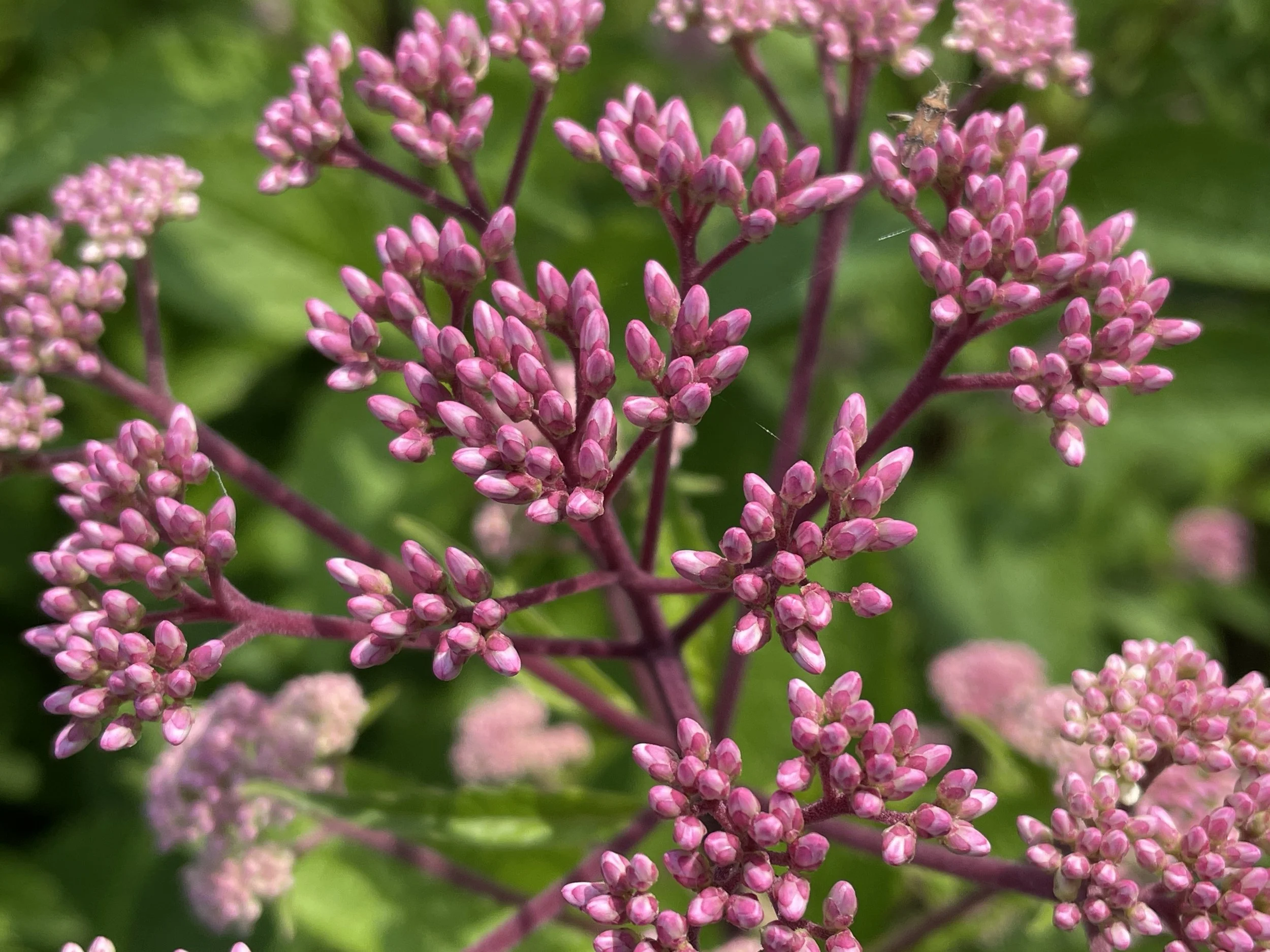
“Planting for climate resilience can provide an anchor in the waves of uncertainty, a steady foundation under our feet as environmental changes continue to mount.”
- Tyler Refsland in Planting for Climate Resilience in Northeast Landscapes a Wild Seed Project Guide
Find our nursery
1242 State Route 129 South Bristol, ME 04568
The nursery is open by appointment through Oct. 31st
About us
Figwort Farm is a native plant nursery specializing in seed-grown native plants, grown with organic practices without the use of a greenhouse. Our plants are cold-adapted, resilient, will encourage biodiversity in your landscape and help feed your local ecosystem. We are located on five acres in the midcoast town of South Bristol, Maine - the ancestral lands of the Nanrantsouak tribe, a member of the Wabanaki (Dawnland) Confederacy.
Owned and operated by Courtney Ross and Matthew Hight, who share a strong passion for nature, environmental conservation & a love of agricultural endeavors. Figwort Farm got its start in Gray, ME in 2024, selling plants at the Gray Village Farmers Market. After the first growing season a need for more growing space was clear and the decision to move to South Bristol was made! Figwort Farm is a micro-business still in the growth and development stages and we welcome any and all feedback. Please, feel free to contact us with any concerns, questions or ideas!
Figwort Farm encourages and supports Diversity, Equity and Inclusion. Everyone is welcome at our farm!
Please note, the plant knowledge shared on our website is not ours alone. Most of what we share about each plant species is information gathered and collected from other, extremely knowledgeable people who have spent years studying native plants and who have taken the time to record that knowledge in books and on websites for the rest of us to use as reference.
Indigenous people have had relationships with plant that stretch over millennia. Through story tellers, seed keepers and others, indigenous cultures have held fast to their connections with the land and plants around them, even in the face of genocide, violent displacement and the struggle to achieve recognition of their inherent sovereignty.
It is through their example that we try to share information about our personal relationships with the plants we grow and sell. When available, we try to share indigenous knowledge written and published by indigenous people, with author and source information provided.





